Thursday arrives at Concorto with two events at Salone degli Amici dell’Arte in Piacenza: at 4 p.m. an open dialogue on how to reduce the environmental impact of festivals and at 6 p.m. the screening of the second part of Supernature.
As usual, the screening of the films in competition starts at 9 p.m. at Parco Raggio, and then you will be spoilt for choice: come enjoy at 11:30 p.m. at Boschetto in Parco Raggio Emma Nolde’s live concert, or at the greenhouse, from 11:30 p.m. as well, the screening of Animal House and EFA.
Why is the sky dark at night – Kelzang Dorjee
As seen by Francesca Marchesini
A butcher’s shop in a narrow alley in Thimphu is simultaneously the proscenium and backstage of young Dema’s life; watching the world pass by the window of the store where she works, life and death silently flow before her eyes. In this theater made up of symmetrical arrangement of bodies and objects, Kelzang Dorjee’s camera remains almost static as he follows the protagonist moving among pieces of flesh and knives. Blood settles on the floor of the butcher shop and on Dena’s sheets; Why Is The Sky Dark At Night is not a violent short movie, but extremely brutal until the midnight hour strikes. The short film comes across almost as a silent work and the very few dialogues seem disconnected from each other; reconnecting Dena with reality is the recitation of the Tibetan Book of the Dead.
The Bayview – Daniel Cook
As seen by Anna Vullo
A small town on the north-east coast of Scotland and a year-round bustle of boats. Susie, Matthew and Jim have turned what was once the Bayview hotel into a temporary home to all the Ghanaian, Sri Lankan, Filipino and Eastern European fishermen in need of a bed and some homemade food. In just a few minutes, Daniel Cook gives us glimpses of everyday life in what has become a point of reference for workers, so much so that he calls the landlady “Mom.” Without rhetoric and with great authenticity, the director shows the controversial dynamics in which a number of migrant fishermen find themselves working, who, due to their status, are not only among the lowest paid, but also have very little time on shore. The secret to feel at ease in a home is simple but not obvious as it seems, and Susie reveals it to us at the end: it’s all about making them feel welcome.
August sky – Jasmin Tenucci
As seen by Anna Vullo
A nurse is holding a baby shower on her terrace in Sao Paulo, when an unpleasant event ruins the day: a bird suddenly falls dead on the table. During the steamy Brazilian summer, we follow the pregnant woman around the city, which seems ill, unhealthy: men and women cough, animals are dying. The protagonist’s concern rises and draws her to a neo-Pentecostal church. She passes through a crowd of protestors whose signs read “put out the fire”, the fire blazes on the screens but in the city the enemy is still invisible. It will eventually reveal itself in a red cloud hanging over the entire city. With her short film, Jasmin Tenucci talks about a (literally) hot issue in Brazil through the eyes of a woman who, like many, can only watch helplessly as the flames spread in her country.
La vera storia della partita di nascondino più grande del mondo – Paolo Bonfadini, Irene Cotroneo, Davide Morando
As seen by Chiara Ghidelli
In the province of Cuneo is situated a small village populated by 301 people. It is called Serravalle Langhe and since 1945 is committed to maintain an important tradition: that of the biggest match of hide and seek in the world. Every year residents hide in each corner of the village waiting for days to be found by the “seeker”, while children, who cannot participate, wait for them to take care of the houses. Some of them find refuge in old basements, others take advantage of woods and brushwoods, but all are guided by a common thought: remember and celebrate those who had no alternative but to hide. Dedicated to those who fought in a Resistance forced in the shadows, La vera storia della partita di nascondino più grande del mondo uses the mockumentary language to talk about a popular tradition, combining staging and archive material, in a mix of undoubted realities and imaginary. A tribute to the great history of partisans through a story of a present whose authenticity is no longer important to verify.
Cherries – Vytautas Katkus
As seen by Anna Vullo
During a Lithuanian summer, Cherries, which has been selected for the Festival of Cannes 2022, portrays a retired father that invites his son to harvest some cherries in his garden. In fact, it is only an excuse to spend some time together, and in a few minutes it becomes crystal clear that the two haven’t seen each other for a long time. At first they go to the fish market, where the father seems unaware of his son’s tastes, despite wanting to please him as much as possible. They harvest cherries, without any rush, just like one of those long summer days when no one is running after you. The son is calm but he doesn’t seem to be outgoing, not even when his father plays him a tape back from his childhood. The atmosphere is enjoyable even though the silence occurring between the two, but by now evening has come on the branches of the cherry tree, and the son escapes as usual.
Big Bang – Carlos Segundo
As seen by Virginia Marcolini
When we are first introduced to him, all we see of him are his legs sticking out of a small oven. Repairing ovens is his job: because of his short stature he is the only one who can fit inside them. It is not until the second scene that we get to actually know him: Chico, a man that lives in deep solitude and marginalization, imposed by others, and embraced by him. To visually emphasize this distance, we never see his interlocutors’ faces, that remain just some anonymous legs, since they’re not the same height. Marta is the only one that notices him, and she’s the one with whom he shares the same marginalized present. By lowering herself, Marta actually elevates herself, as she warmly welcomes and finally acknowledges him as a person. After having been noticed, Chico is no longer willing to suffer for the others. As he dances to a liberating tune, his resistance begins.

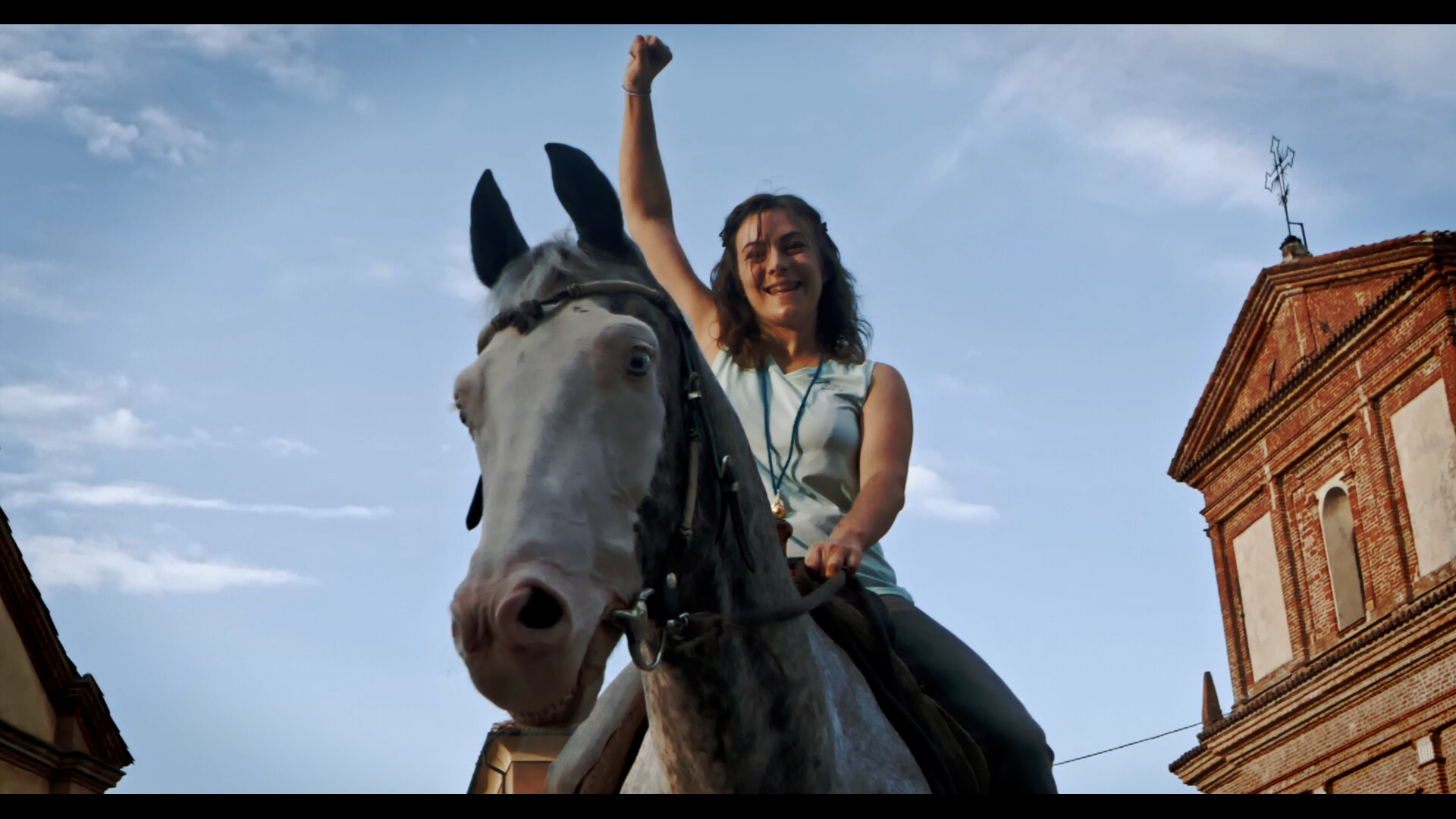
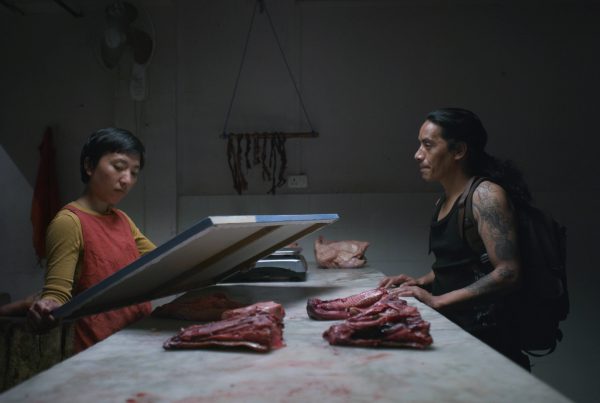
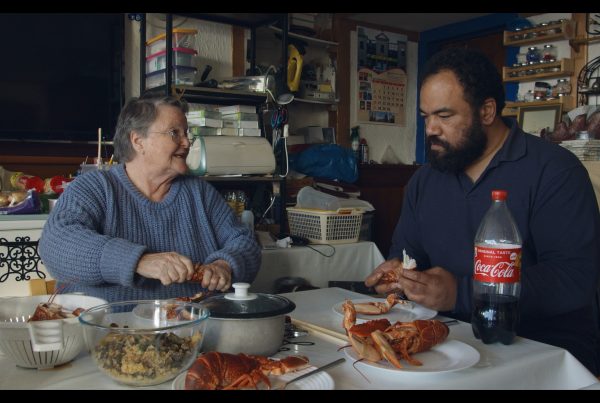
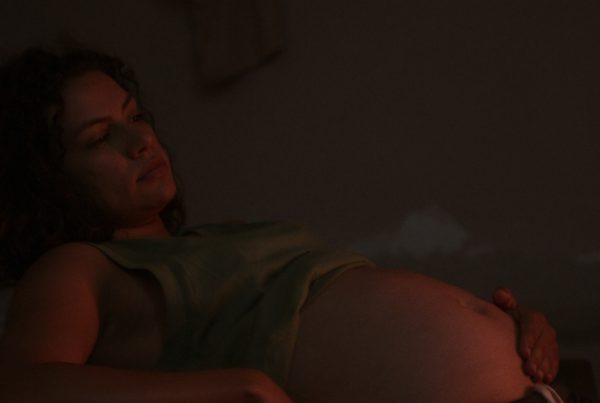
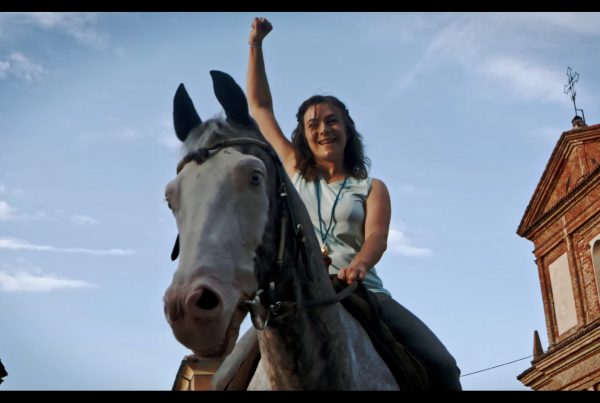
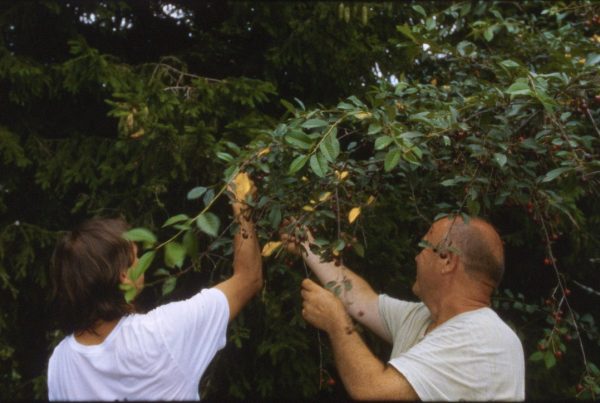
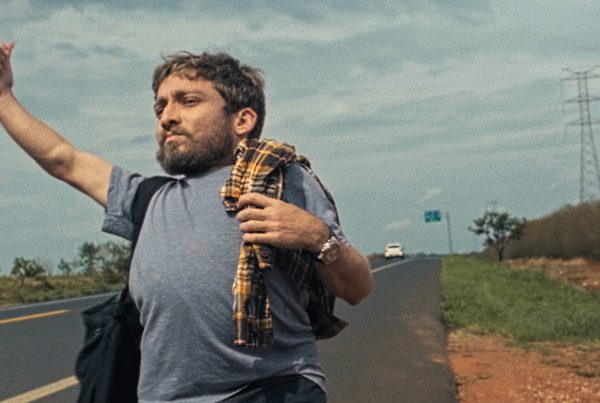

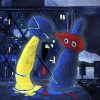

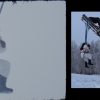


Commenti recenti